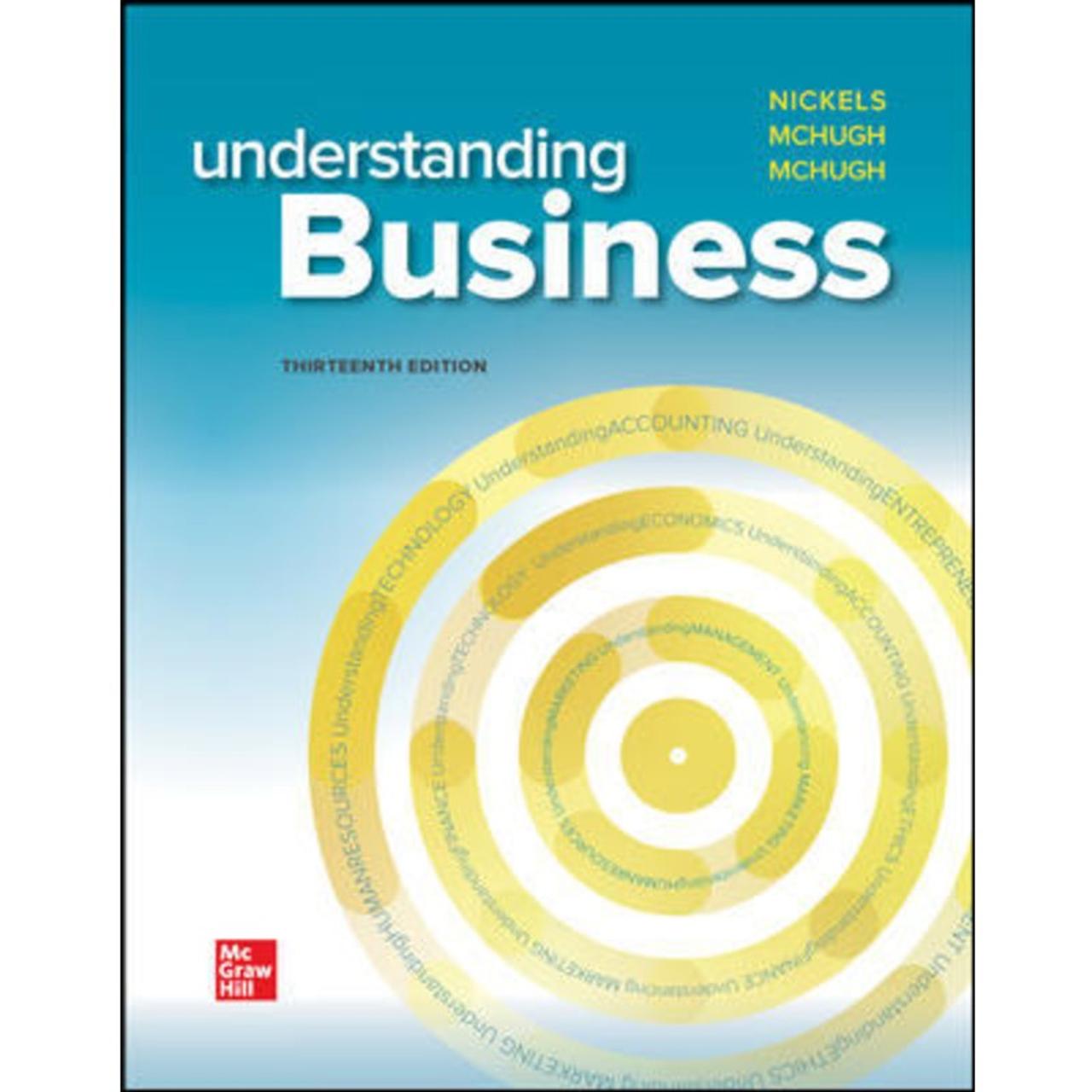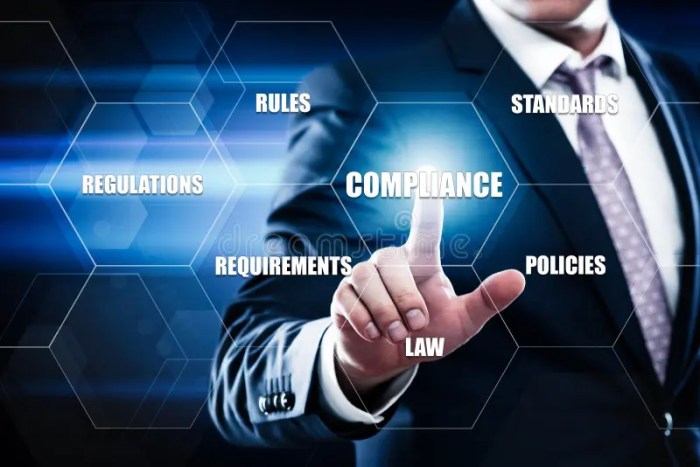Business law and the regulation of business 13th edition – In the ever-evolving landscape of business, understanding the legal framework and regulations that govern business practices is paramount. Delving into the intricate world of business law, the 13th edition of “Business Law and the Regulation of Business” provides a comprehensive guide to the legal complexities that businesses navigate.
This seminal work explores the historical evolution of business law, its diverse sources, and the profound influence of ethical principles on business decisions. It delves into the formation and operation of various business entities, examining their legal requirements, advantages, and drawbacks.
1. Legal and Ethical Framework of Business
Business law has evolved over centuries, shaped by societal norms, economic changes, and technological advancements. Its roots can be traced back to ancient civilizations, where merchants and traders established rules to govern their transactions.
Today, business law encompasses a vast body of rules and regulations that govern the conduct of businesses, including their formation, operation, and interactions with customers, employees, and other stakeholders. These laws are derived from various sources, including:
Sources of Business Law
- Common law:Judge-made law that evolves through court decisions
- Statutory law:Laws enacted by legislative bodies, such as Congress or state legislatures
- Administrative law:Regulations issued by administrative agencies, such as the Securities and Exchange Commission (SEC) or the Federal Trade Commission (FTC)
Ethical principles also play a significant role in business decision-making. Businesses are increasingly expected to operate in a socially responsible manner, considering the impact of their actions on stakeholders and the environment.
2. Formation and Operation of Business Entities
Businesses can take various legal forms, each with its own advantages and disadvantages. The most common types of business entities include:
Types of Business Entities
- Sole proprietorship:A business owned and operated by a single individual
- Partnership:A business owned and operated by two or more individuals
- Corporation:A legal entity separate from its owners, with limited liability for its debts
- Limited liability company (LLC):A hybrid entity that combines features of both corporations and partnerships
The choice of business entity depends on factors such as the number of owners, the level of liability desired, and the tax implications.
3. Corporate Governance and Social Responsibility

Corporate governance refers to the systems and processes by which corporations are directed and controlled. It involves the roles and responsibilities of the board of directors, management, and shareholders.
Corporate Governance
- Ensures ethical and responsible business practices
- Protects the interests of shareholders
- Promotes transparency and accountability
Social responsibility refers to the obligation of businesses to consider the impact of their actions on society and the environment.
Social Responsibility
- Promotes sustainability and environmental protection
- Enhances employee well-being and community engagement
- Builds customer loyalty and brand reputation
4. Employment Law

Employment law governs the relationship between employers and employees. It includes laws that protect employees from discrimination, harassment, and wrongful termination.
Employment Law
- Protects employee rights
- Promotes a fair and equitable workplace
- Ensures compliance with labor laws
Employment law also addresses issues related to employee benefits and compensation.
5. Intellectual Property Law
Intellectual property law protects the creations of the mind, such as inventions, artistic works, and literary works.
Types of Intellectual Property
- Patents:Protect inventions
- Trademarks:Protect brand names and logos
- Copyrights:Protect artistic and literary works
Intellectual property law enables businesses to protect their innovations and creative works, fostering innovation and economic growth.
6. Commercial Transactions
Commercial transactions involve the exchange of goods or services between businesses or between businesses and consumers.
Commercial Transactions
- Contracts:Legally binding agreements between parties
- Sales:The transfer of ownership of goods from one party to another
- Leases:The temporary transfer of possession of property from one party to another
- Secured transactions:Transactions where a creditor takes possession of property as collateral for a loan
Commercial law protects the rights of businesses and consumers engaged in commercial transactions.
7. Business Torts: Business Law And The Regulation Of Business 13th Edition
Business torts are civil wrongs committed by businesses that result in harm to others.
Types of Business Torts
- Negligence:Failure to exercise reasonable care, resulting in harm
- Fraud:Intentional misrepresentation or concealment of material facts
- Defamation:Publication of false or damaging statements about a person or business
Businesses can be held liable for business torts, which can result in damages or other legal remedies.
8. Dispute Resolution

Dispute resolution involves the process of resolving conflicts between parties.
Methods of Dispute Resolution, Business law and the regulation of business 13th edition
- Negotiation:Direct communication between parties to reach a mutually acceptable solution
- Mediation:A neutral third party assists parties in reaching a settlement
- Arbitration:A neutral third party makes a binding decision for the parties
Businesses can choose the most appropriate method of dispute resolution based on the nature of the conflict and the desired outcome.
9. Bankruptcy Law
Bankruptcy law provides a legal framework for businesses that are unable to pay their debts.
Types of Bankruptcy Proceedings
- Chapter 7:Liquidation of assets to pay creditors
- Chapter 11:Reorganization of debts to allow the business to continue operating
Bankruptcy law allows businesses to restructure their finances or liquidate their assets in an orderly manner, protecting both the business and its creditors.
10. International Business Law
International business law addresses the legal challenges faced by businesses operating in a global marketplace.
Challenges of International Business Law
- Cross-border transactions:Laws governing contracts, sales, and other commercial transactions between parties in different countries
- Cultural differences:Variations in legal systems, business practices, and ethical norms across different cultures
- Political and economic risks:Instability, corruption, and other factors that can affect business operations in certain countries
Businesses must navigate these challenges to successfully operate in a globalized economy.
Commonly Asked Questions
What are the key sources of business law?
Common law, statutory law, and administrative law are the primary sources of business law.
What are the different types of business entities?
Sole proprietorships, partnerships, corporations, and LLCs are the most common types of business entities.
What are the legal duties of corporate directors and officers?
Corporate directors and officers have a duty of care, a duty of loyalty, and a duty of obedience.